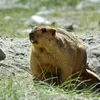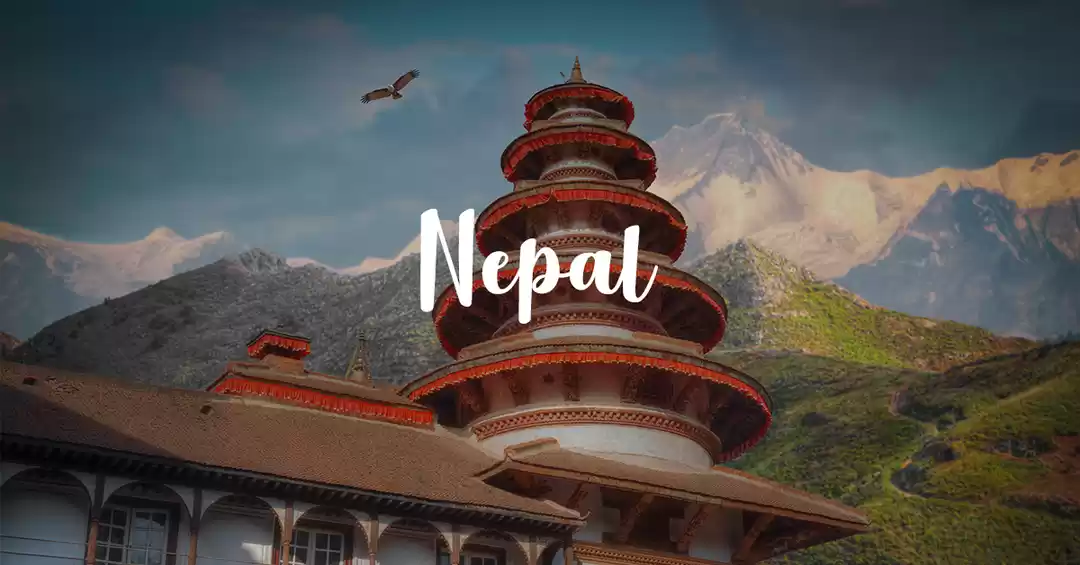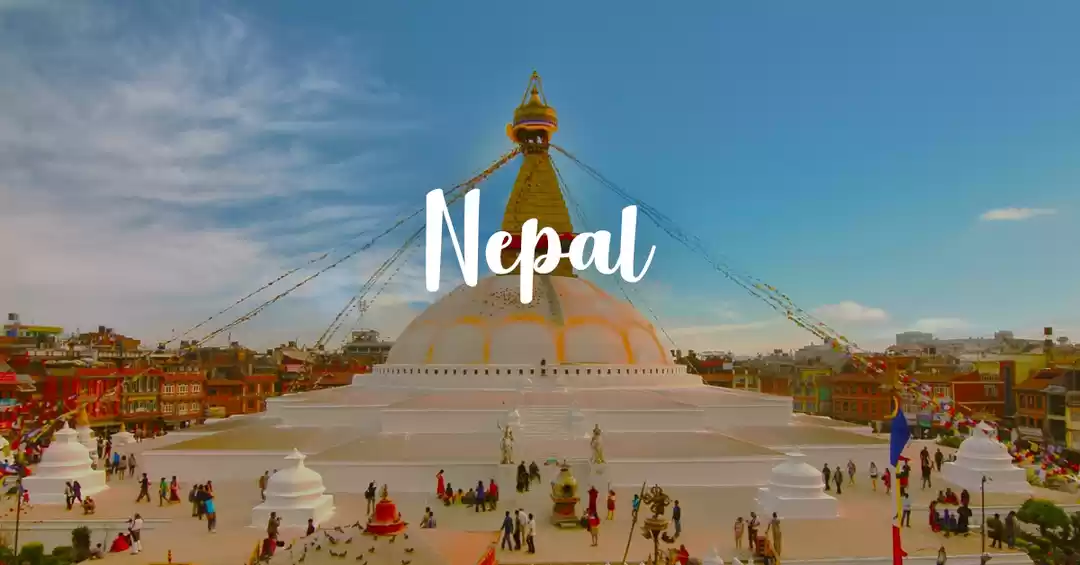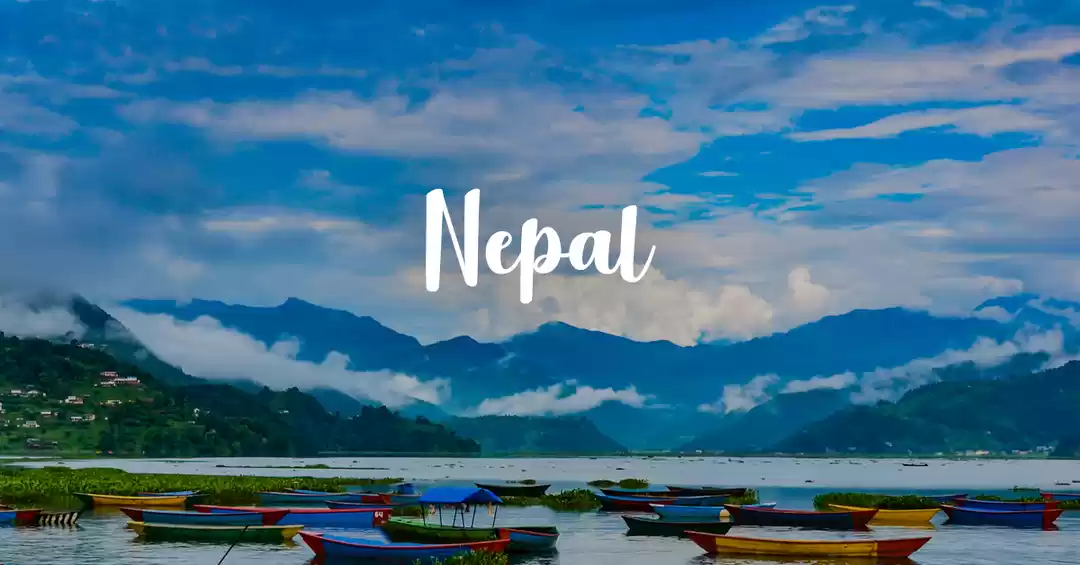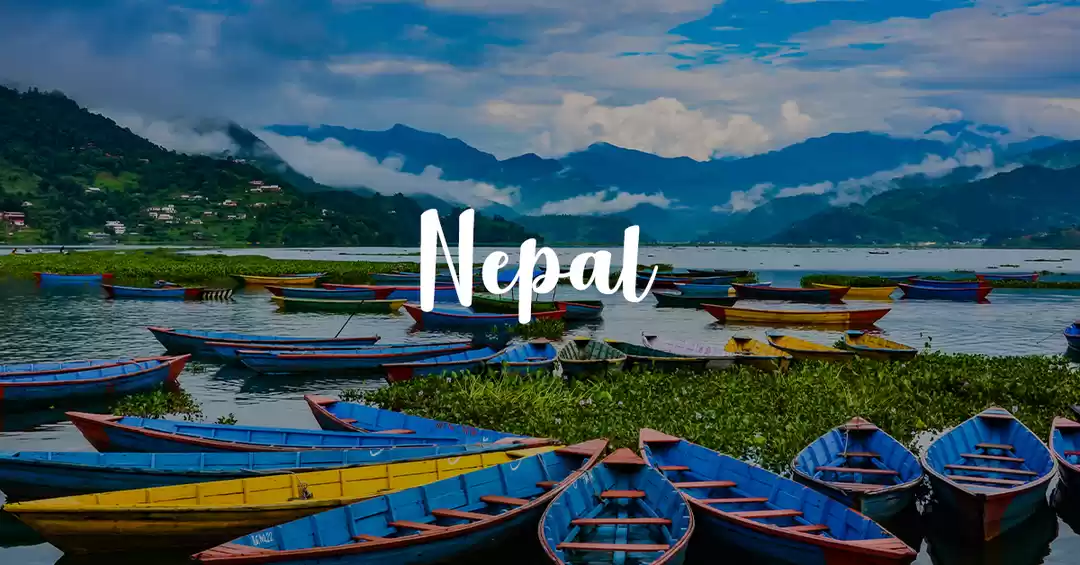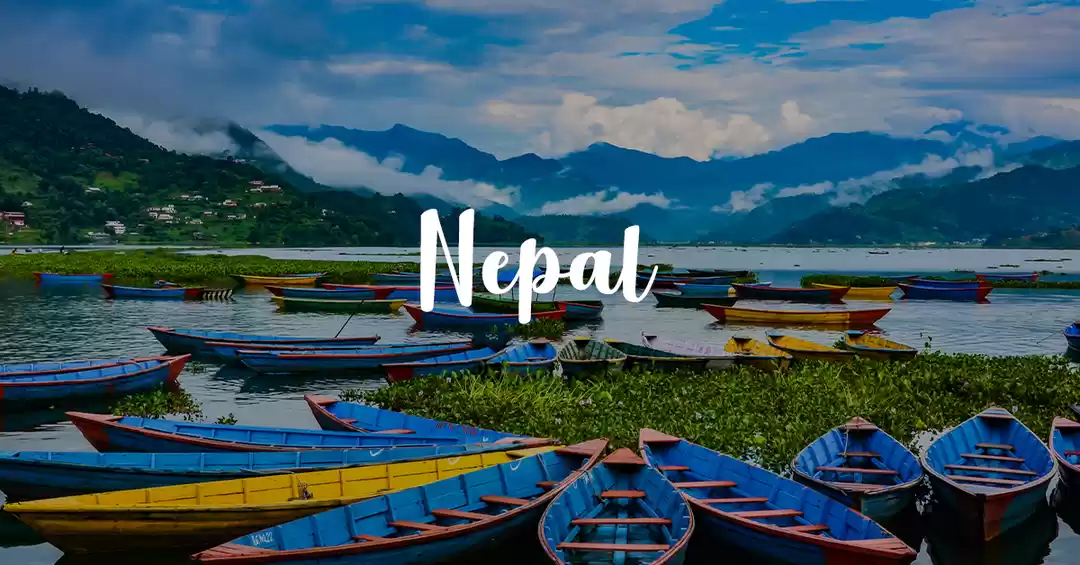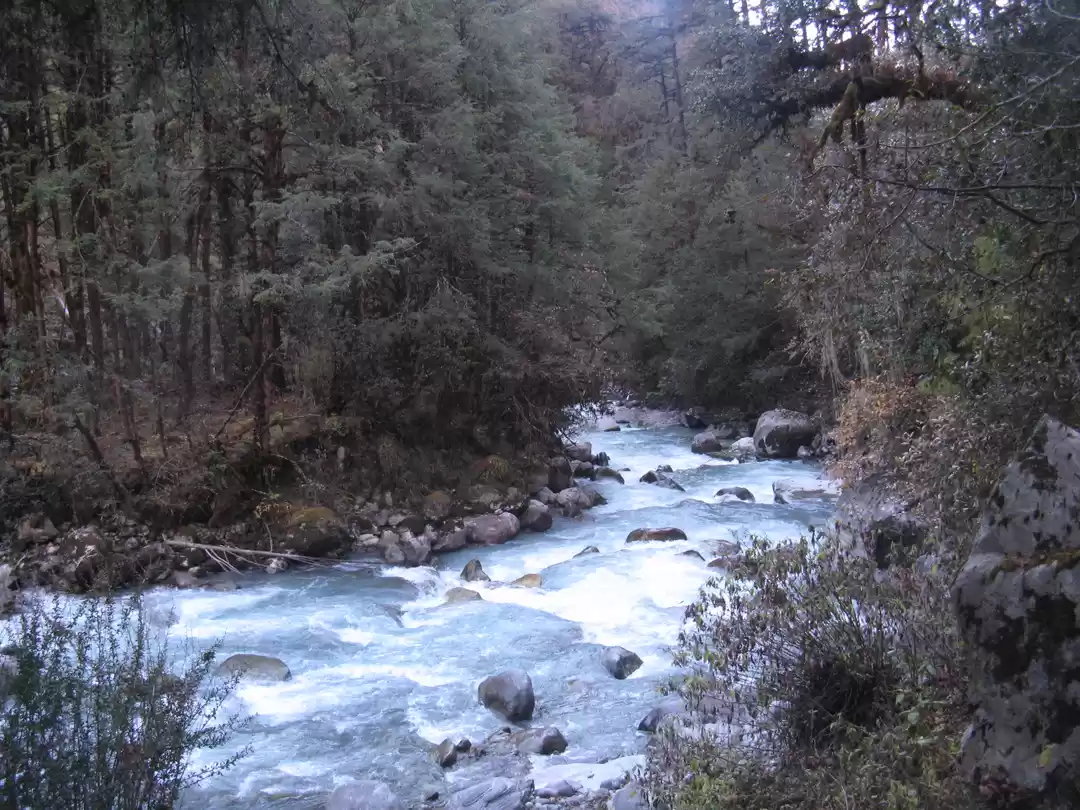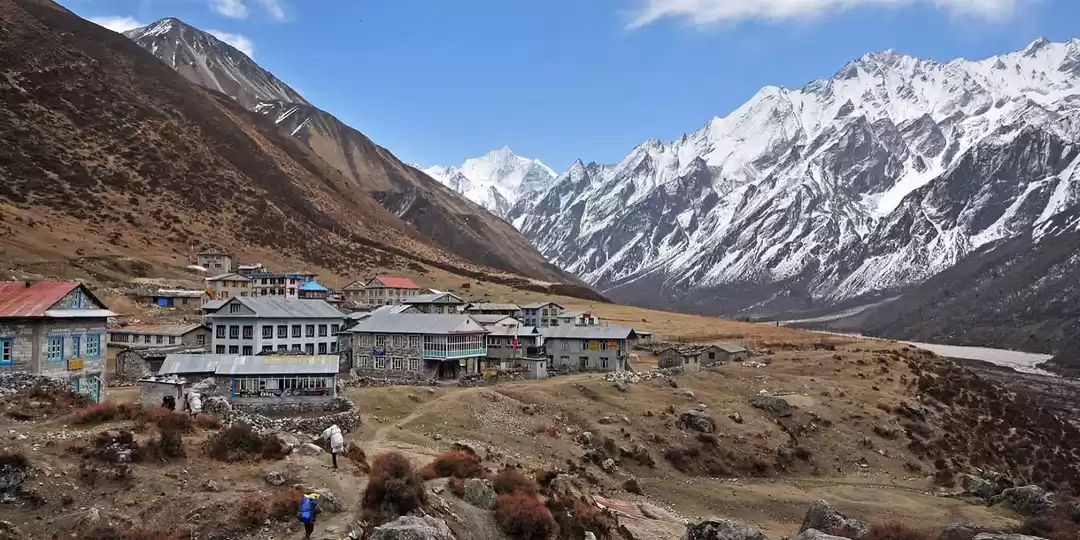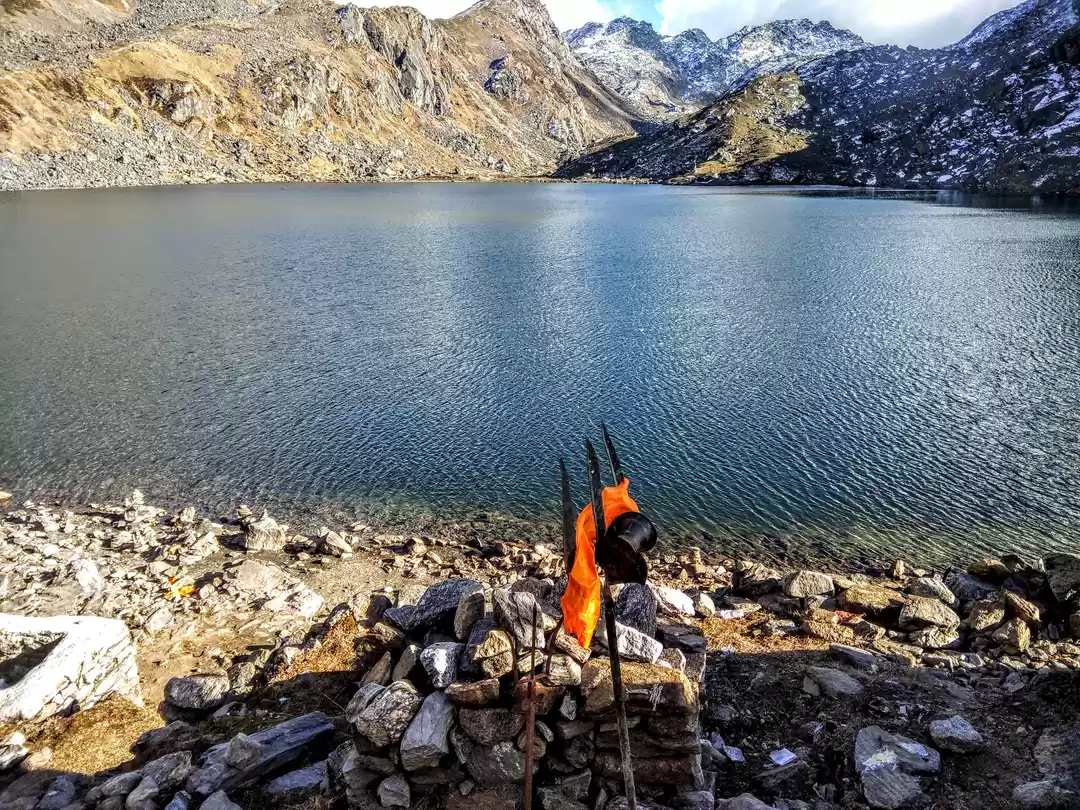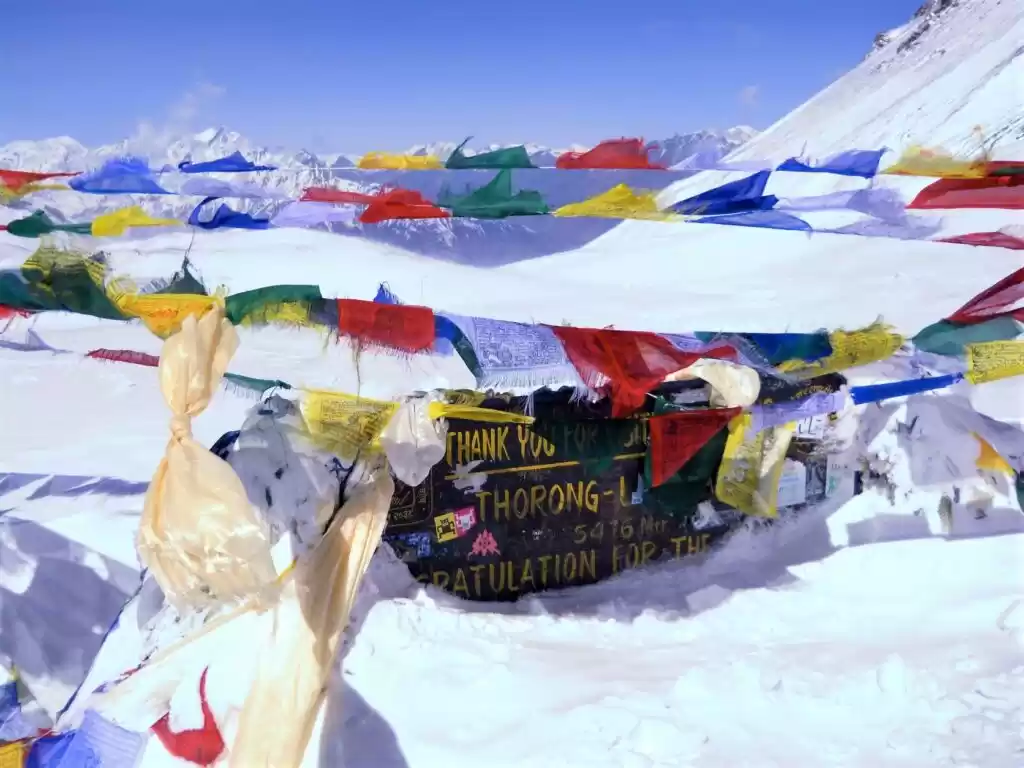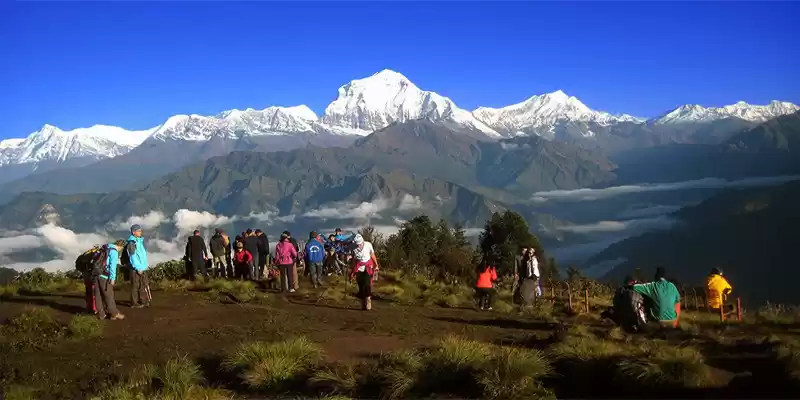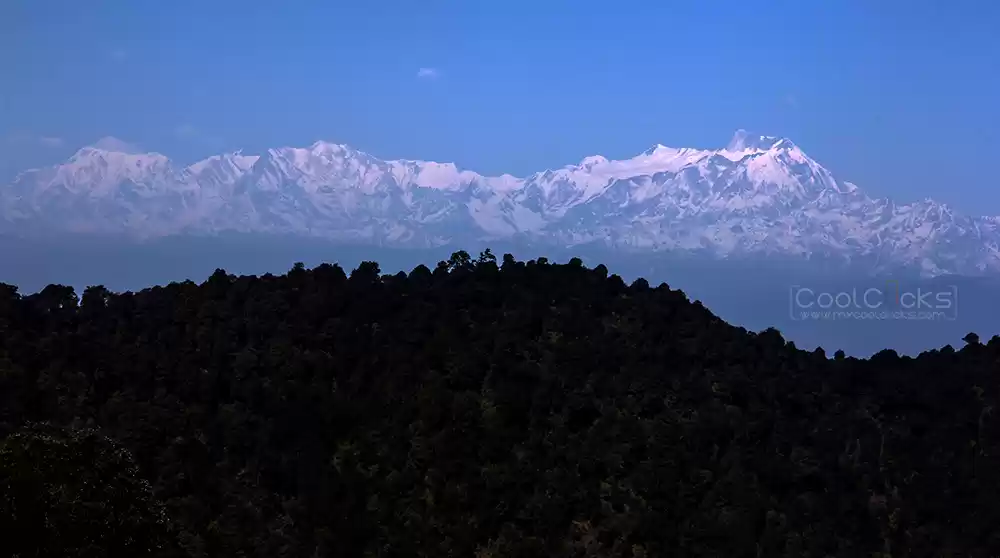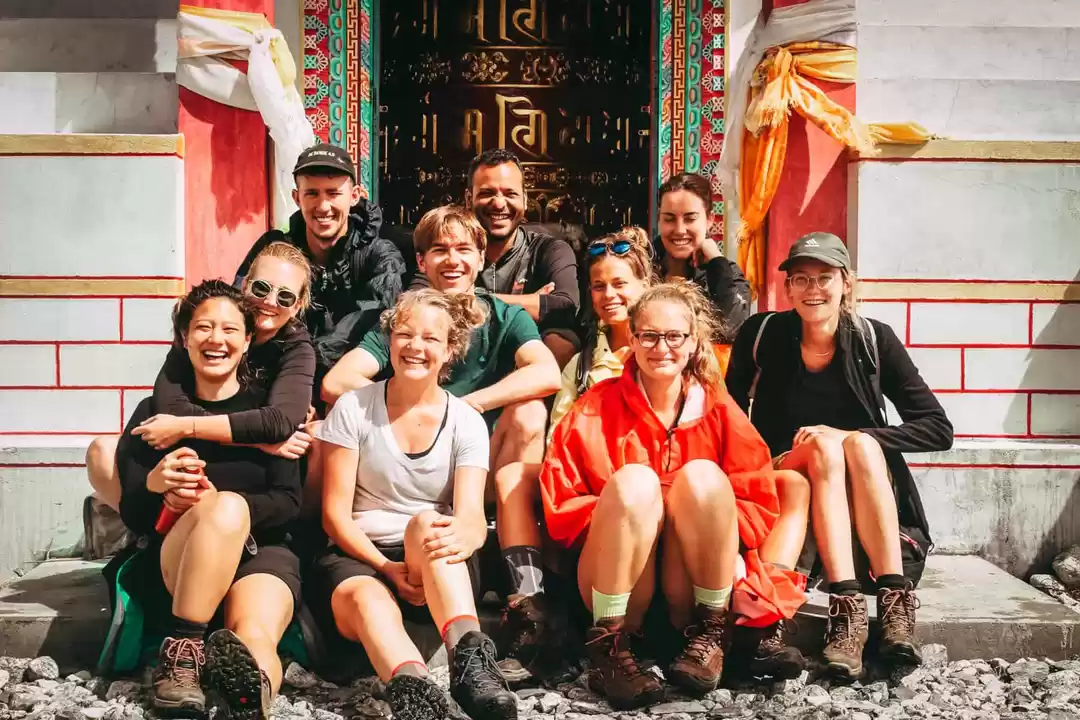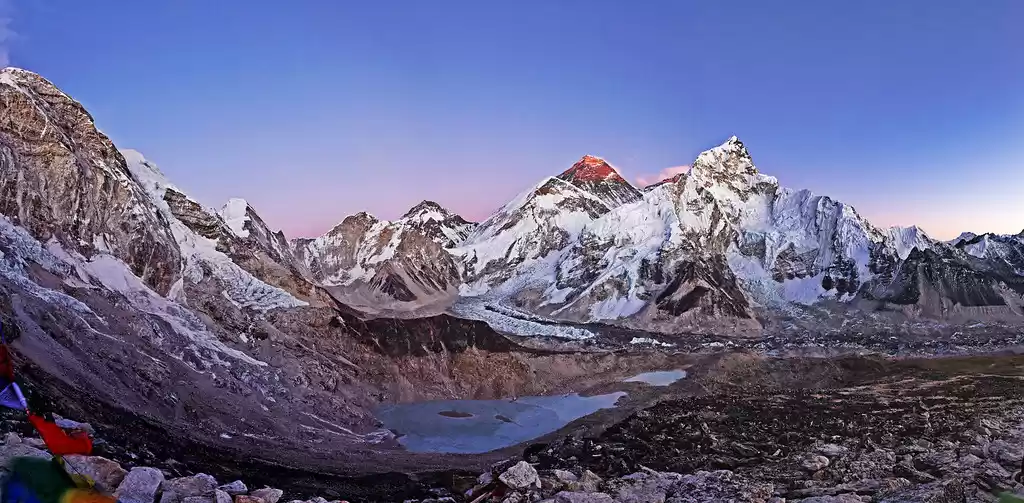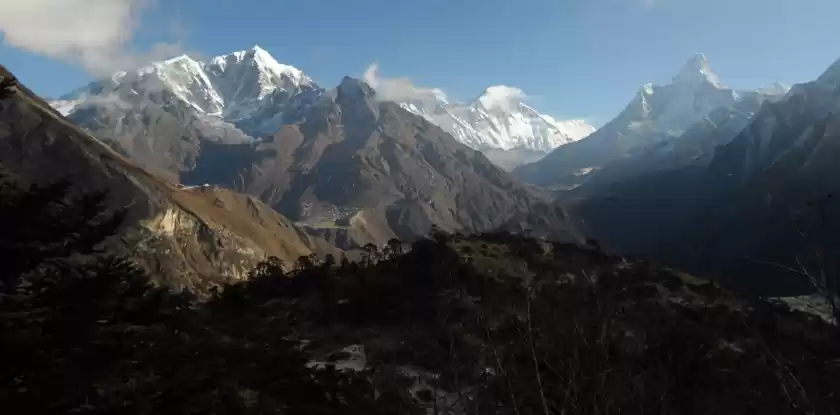
Langtang Valley trek is one of the lesser known treks of Nepal. It is also called the valley of glaciers treks. Infact, Langtang is the place from here you can get the majestic snow-capped mountains and the beautiful glaciers at close quarters. Langtang is only 8 hours drive towards the north of Kathmandu. This trek route was discovered by the famous British mountaineer and travel writer Bill Tilman.

The Langtang valley trek is a relatively easier trek than the other well known treks in the Everest and Annapurna region. According to Tibetan legend and folklores, the valley was discovered by a Tibetan Lama who was in search of a runaway yak. “Lang” in Tibetan means Lama while “tang” means follow.

The trek will take you to the majestic Langtang Valley and you will get magnificent views of Mt. Langtang Lirung (7,200m), Mt. Ganesh Himal (7,600m), Mt. Langtang II (7,227m), Mt. Gang Chhenpo (6,388m), Mt. Naya Kanga Ri (5,846m), and finally Mt. Dorje Lakpa (6,966m). The beautiful Gosaikunda Lake is also an added bonus in this trek.
Detailed Itinerary:
Day 1: Kathmandu to Syabrubeshi
On the first day, you will drive from Kathmanu to Syabrubeshi, the basecamp for the trek. The drive is through the scenic Trishuli Valley where you would cross on your way the beautiful mountains, rivers and quaint villages. A sevn to eight hours long drive will bring you to Syabrubeshi, the halt for your first day of the trek.

Day 2: Trek from Shabrubeshi to Lama Hotel
The trek for the day will start just after breakfast. At first the trail ascends for about two hours and then a climb for about an hour will take you to the Bamboo village. You may stop here for a brief rest and lunch. After that walk through the forested well levelled trails. You would get to see a large number of bird species on your way as well as beehives hanging on the cliffs. The final ascent is through a bamboo forest to reach the Lama Hotel ehere you would stop for the night.

Day 3: Trek from Lama Hotel to Langtang Valley (3455m/11332ft)
The trek for this day is actually quite pleasant as you enjoy the mountain landscape with abundant waterfalls. You will follow an easy trail through the rhododendron and pine forests for around three to four hours to reach a place called Ghoda Tabela. You may stop here for your lunch. This place is a debse forest area where you can find many exotic herbs and a number of babblers. After lunch, another scenic trail awaits you. A trek of three hours will take you to Langtang village, a picturesque place on the lap of mountains.

Day 4: Trek from Langtang Village to Kyanjin Gompa (3,900m)
Today is a relatively easy day. After breakfast you will leave Langtang village and start your trek towards the Kyanjing Gompa at an altitude of 3817 m. The trek route is quite easy and the trail is scenic. You can leisurely trek your way up to the Gompa. The Kyanjing Gompa is a serene and beautiful place and you will get grand views of Mt. Ganchhenpo and Mt. Langtang Lirung. You can also visit the surrounding areas like the interesting Yak cheese factory, the monasteries and the traditional local houses.

Day 5: Explore around Kyanjin Gompa and climb to Tsherko Ri
In the morning, start early and hike to climb the Tsherko Ri (5150 m). The sunrise view from the top of Tserko Ri is extraordinary. Then visit the Langtang glacier and Langshisha Kharka. The Langshisha Kharka is a beautiful pastural land where you can see a number of grazing yaks. It is a beautiful sight to behold. The day is going to be a bit tough, but the views that you will get will be worth all the trouble. Return back to the lodge for your overnight stay.

Day 6: Kyangjin Gompa to Lama Hotel: 6-7 hours
After a hearty breakfast, begin your trek downhill retracing the same path towards Lama village. The trail will pass through the forests and the beautiful villages. You will also get a different view of the Himalayas that you had missed while climbing up.
Day 7: Lama Hotel to Syabrubeshi: 4-5 hours
You would basically retrace your steps back to Syabrubesi. The trek will be easier as it will mostly involve descending. Stay overnight at Syabrubeshi.

Day 8: Return to Kathmandu
This day you will return from Syabrubeshi to Kathmandu.
Trek Details
Trek Type: Moderate
Base Camp: Syabrubeshi
Best Time to do the trek:
The best seasons to trek to Langtang are autumn and spring. Autumn is from September to December and spring stretches from March to May. The weather is warm and the heat is bearable. There will be very little or no rainfall. The sky will also be clear allowing you to get the best view of the mountains.

Some Tips:
• The Langtang Trek is not a strenuous trek and hence doesn’t require a high level of physical fitness. But it is advisable to be moderately fit for any kind of trek.
• While you can hike the Langtang on your own, hiring a guide and a porter is highly advisable. A guide will help you navigate through the mountains and will be there in case of an emergency.
Frequent Searches Leading To This Page:-
The best views of valleys and mountains in Nepal, best view of mount everest from Nepal, mountain view from Kathmandu, can you see everest from base camp

